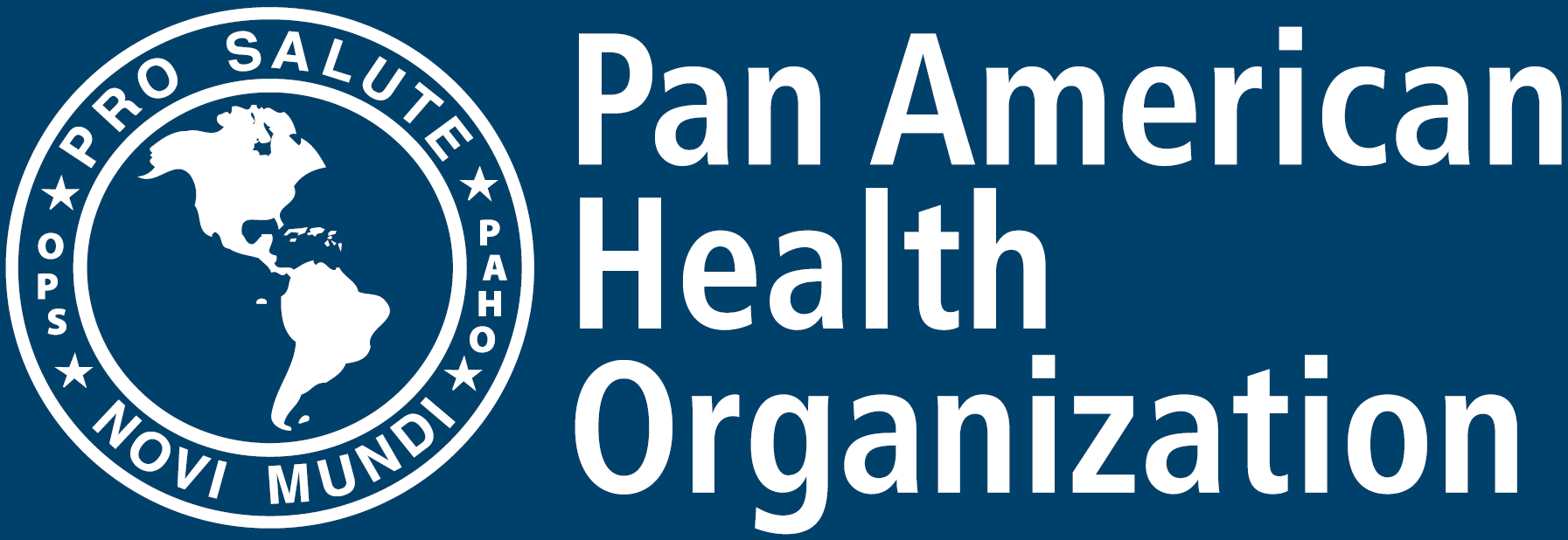Colombo Plan trainers provide forensic drug testing labs with peer reviewed and internationally recognized advanced methods using chromatography mass spectrometry techniques to better detect emerging synthetics, unknown substances, and complex drug mixtures, with provision of state-of-the-art drug LCMSMS testing instruments, professional reference standards, and follow-up technical assistance.
- Identified the underlying factors driving the U.S. overdose epidemics (acknowledged in Surgeon General’s Public Health Reports)
- Identified reasons for increased Covid rates among substance users in key cities
- Identified factors that hindered or required more doses of naloxone to reverse overdose
- Identified emerging adulterants and complex drug mixtures that caused chronic health problems worldwide (e.g., United States, Brazil, Argentina, Ecuador, South Africa, Honduras, etc.).
- Identified emerging veterinary products that could replace or rival xylazine
- Developed first portable GC/MS for detecting complex drug mixtures
- Developed first urine test kits for select toxic adulterants
- Identified the emerging global trend of liquid fentanyl
- Conduct a six-week training in the U.S. for existing forensic drug testing lab officials on advanced drug detection techniques to identify previously unknown substances, emerging and existing synthetic drugs, separation of complex drug mixtures (i.e., all compounds in a single drug or toxicology sample), quantify the amounts of the substances to determine their purity and potency for potential harms, and issuance of targeted public health/early warning alerts.
- Provide each participating lab with an LCMSMS instrument for use in their home country lab and needed professional reference standards.
- Conduct 1-week follow-up technical assistance visits to each participating country
[NOTE: These techniques can be applied to either seized drug materials or toxicology samples (blood, urine, tissue, etc.). Participants are trained with hundreds of actual drug and toxicology samples representing every conceivable drug combination: complex mixtures of legacy drugs; synthetic drugs; toxic adulterants; etc.
Participants trained on advanced LCQTOF, LCMSMS, and GC/MS instruments and techniques
- An enhanced network of forensic drug testing facilities that can more efficiently detect synthetic drugs, complex drug mixtures, and unknown substances
- More accurate and timely reporting of emerging lethal synthetics due to an increase in the number of countries now able to detect unknown substances
- Forensic labs improve detection of synthetic drugs, unknown substances, and complex drug mixtures by 50% as a result of training and technical assistance
- Improved early warning and public health alerts (national, regional, and global) as a result of more accurate drug detection in seized drug and toxicological samples
- A better understanding of factors driving national drug epidemics, overdose, and related chronic health problems
Thom Browne, CEO, Colombo Plan (scungili89 [at] gmail [dot] com (scungili89[at]gmail[dot]com))




